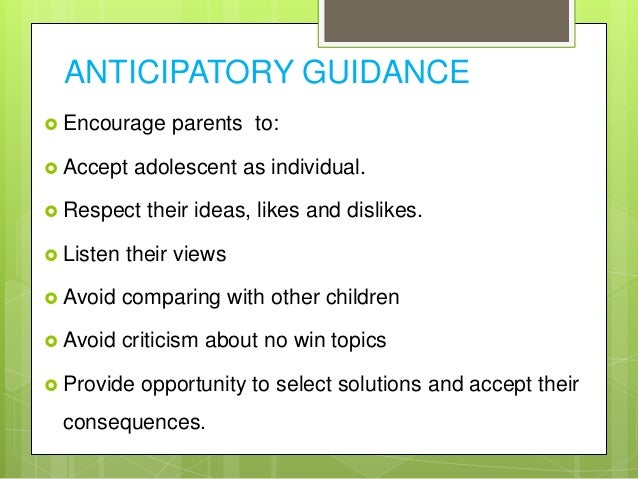

Unfortunately, the standard-of-care within adolescent health settings does not currently include specified protocols to assess for or intervene to reduce ARA. Not only can they provide valuable prevention messages to help their patients build healthy relationships, but medical professionals are also uniquely positioned to help those exposed to abuse access the resources they need.Ĭlinical settings that serve adolescents in particular, such as confidential teen clinics and school health centers, are strategic sites for adolescent health promotion, prevention, and intervention. Given these sobering facts, adolescent relationship abuse is a major health concern facing teens today, and health care providers have a unique role to play in preventing it. Teens experiencing of relationship abuse are more likely to report unhealthy diet behaviors, engage in substance abuse, and report having suicidal thoughts. Instead, 20% of teen girls will remember the physical abuse inflicted by someone they were dating. teen girls, the most vivid memories of high school will not be her junior prom or a favorite history teacher. Title: School-based Health Services, Adolescent Health and Anticipatory Guidance for DV/SAĭescription: For one in five U.S. Objective: Expectant moms will learn the importance of their own oral health, their unborn childs oral health. Workplaces Respond to Domestic and Sexual Violence.promoting employment opportunities for survivors of trafficking.Promoting Employment Opportunities for Survivors of Trafficking.


Children who live in households with food insecurity are likely to be sick more often, recover from illness more slowly, and be hospitalized more frequently. The counseling techniques adopted for the process focus on the requirements of the child during each crucial stage of his/her life. Food insecurity is a critical child health issue that impacts millions of infants, children, youth, and families in all communities across the U.S. Anticipatory guidance is an important aspect of pediatric healthcare that involves proactive counseling that aids parents or guardians in assessing the expected growth and development of their children. The newest mini-training module is on promoting food security. Browse the Bright Futures Mini Training Modules today! (Average Time: 15-30 minutes) The modules include a PowerPoint presentation, script, and highlighted resources.
Anticipatory guidance series#
This series of modules review clinical topics utilizing Bright Futures Guidelines, 4th Edition content, Bright Futures Tool & Resource Kit, 2nd Edition forms and handouts, and additional resources. The Bright Futures National Center introduces new, free, ready-to-use Bright Futures Mini Training Modules for pediatric residents and trainees! These modules are intended to meet the needs of busy pediatric residents and trainees to be used anywhere and anytime.


 0 kommentar(er)
0 kommentar(er)
